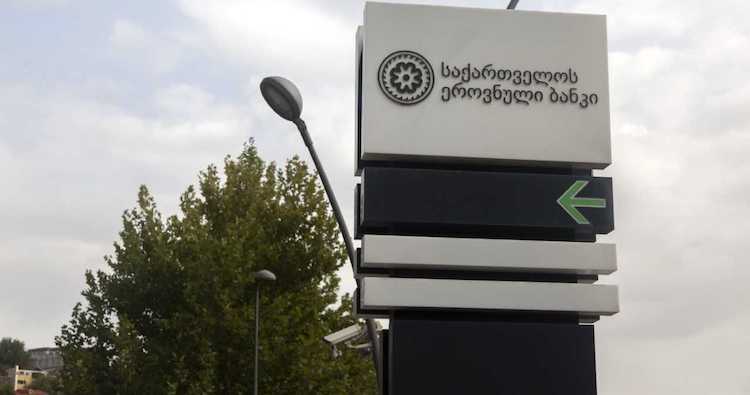National Bank rejects accusations of lack of due diligence in granting licence to Hash HSC bank

The National Bank of Georgia on Wednesday rejected media reports that alleged the body had failed to conduct due diligence in researching the background of founders of Hash HSC bank. Photo: Nino Alavidze/Agenda.ge
The National Bank of Georgia on Wednesday rejected media reports that alleged the body had failed to conduct due diligence in researching the background of founders of Hash HSC bank, which received a licence to operate in the country on Tuesday.
The reports made the claim of the licence having been issued despite founders Sulkhan Papashvili and Volodymyr Nosov being on an international sanctions list, an allegation the National Bank rejected and said they had been made by “certain politically engaged individuals and media”.
When making the decision to issue a licence to Hash, the National Bank of Georgia acted in strict compliance with the national legislation and international practice in relation to both founders of the company”, it said.
The body added the documentation submitted for licensing was in “formal and factual compliance with the law”.
It should also be noted that WhiteBIT, a company owned by Volodymyr Nosov, holds VASP licences in various EU countries. After the start of hostilities in Ukraine, WhiteBIT left the Russian market”, the NBG said.
The central bank also said “no international financial sanction” the Georgian Government had affiliated with had been issued to “any of the founders” of Hash.
This applies to sanctions by the United States, European Union and United Kingdom [...] We declare with full responsibility that the banking system and financial sector of Georgia is open and transparent. The National Bank always acts in accordance with the requirements of all the standards and norms defined by the Georgian legislation and international practice”, the Bank said.
The body said Hash HSC’s digital banking solutions would be operated in test mode for seven months after receiving the banking activity licence, with limited actual implementation.
It added it would use this period to observe the situation and “traditionally act within the framework of the current legislation” if “actual circumstances” in relation to the owners of the Bank changed.
 Tweet
Tweet  Share
Share